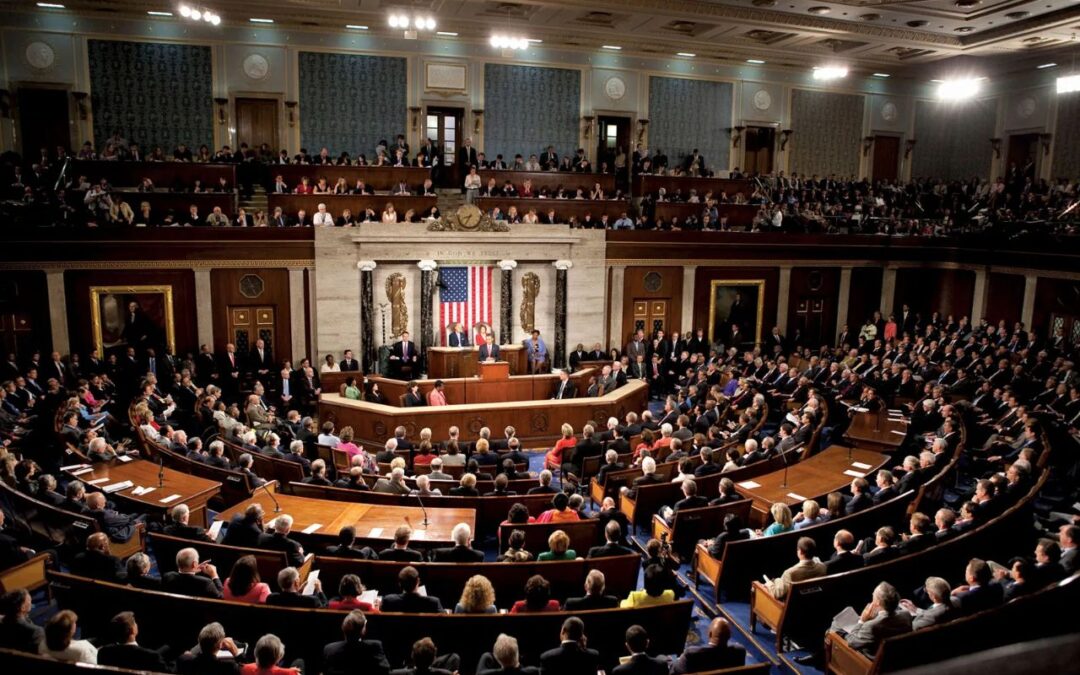Synopsis- A major shift just hit the U.S. crypto world. The House of Representatives decisively passed the GENIUS Act yesterday. As a result, the first significant federal crypto regulation now advances. President Donald Trump eagerly awaits the bill. He is expected to sign it soon.
This victory marks a stunning turnaround for the industry. Previously, crypto firms faced regulatory resistance. Moreover, Congress struggled to finish related policies. The GENIUS Act specifically targets stablecoins. These digital assets are pegged to traditional currencies. They dominate crypto trading volume globally.
What the GENIUS Act Actually Does
- The Guiding and Establishing National Innovation for U.S. Stablecoins Act creates clear federal rules. It establishes a dual licensing system. Stablecoin issuers can seek federal approval. Alternatively, they can operate under qualifying state licenses. However, large state issuers must eventually switch to federal oversight.
- Issuers face strict requirements. Only “permitted” U.S.-based entities can operate. Foreign issuers must meet comparable standards. Critically, all issuers must hold 1:1 reserves. These reserves must be highly liquid assets. Acceptable assets include U.S. dollars and Treasury bills.
- Furthermore, the law mandates strong compliance. Issuers must follow Bank Secrecy Act rules. They need anti-money laundering programs. Additionally, they must report suspicious transactions. Issuers must also enforce sanctions. This includes freezing or destroying tokens if ordered.
- The Act imposes key limitations too. Issuers cannot pay interest on stablecoins. Non-financial public companies face restrictions. They cannot own stablecoin issuers. Importantly, non-compliant stablecoins lose key privileges. They won’t count as cash equivalents.
The Political Path to Passage
- The journey saw significant bipartisan cooperation. Many Democrats joined the Republican majority. They supported tailored crypto regulations. Nevertheless, some Democrats opposed the bill. They argued it endangered investors. They also feared potential industry abuse.
- The vote reflected this split. The House approved GENIUS 308-122. This followed strong Senate backing earlier. Senators passed it 68-30. Therefore, only Trump’s signature remains needed. His influence over the process proved substantial.
- President Trump set an ambitious deadline earlier. He demanded action before the August break. His White House summit pressured lawmakers. However, last-minute GOP holdouts briefly stalled things. Trump claimed he won them over. Yet, their opposition persisted temporarily.
What Happens Next for Stablecoins
- Implementation won’t be immediate. First, President Trump must sign the bill. A ceremony could happen as early as today. After signing, regulators get busy. Key agencies like the Treasury and Federal Reserve must draft rules. They have 180 days to issue regulations.
- The law itself takes effect later. It becomes operational 18 months after signing. Alternatively, it starts 120 days after the final rules are published. This grace period gives issuers time. They must adapt to the new framework.
- Existing giants like Tether (USDT) and Circle (USDC) face transition. They will focus on securing licenses. New federal or state supervision awaits them. Meanwhile, unauthorised entities face prohibition. Only approved issuers can operate payment stablecoins in the U.S.
- Strict reserve and compliance rules kick in. Issuers may seek national bank charters. This could offer more flexibility. Ultimately, the $238 billion stablecoin market will reshape. Regulatory clarity should enhance consumer protections. Integration with traditional finance will likely increase.
Timeline of How the GENIUS Act Came to Be
- May 21, 2025: Senator Bill Hagerty (R-Tenn.) introduced the bill (S. 1582). It sought a unified stablecoin framework.
- June 17, 2025: The Senate passed the GENIUS Act decisively. The bipartisan vote was 68-30. This marked a historic first chamber passage.
- July 3, 2025: House leadership scheduled the bill. They planned consideration during the week of July 14th.
- July 14-16, 2025: Debate unfolded in the House. Conservative holdouts and Democratic opposition caused delays. Critics labelled it “anti-crypto corruption week.”
- July 17, 2025: The U.S. House passed the GENIUS Act. The final vote tally was 308-122. It now moves directly to President Trump.
Market Impact and Looking Ahead
The crypto industry celebrates a landmark win. The GENIUS Act provides long-sought legitimacy. Regulatory certainty is a major boost. Traditional finance players have already shown keen interest. Wall Street banks will likely engage more deeply now. Attention now shifts to the Clarity Act. This broader market structure bill passed the House too. Its vote was 294-134. However, its path remains less certain. The Senate must still craft its own version. Senator Tim Scott wants Senate action by September 30th. He called the House bill a “strong template.”
Written By Fazal Ul Vahab C H






